At any given time, there are nearly two million people behind bars in the United States, which means America has the highest incarceration rate of any country on Earth.
Of those two million prisoners, over 800,000 of them are employed through some sort of work program. But what many people don’t know is that these programs are exceptionally dangerous. In fact, hundreds of inmates are either injured or killed at their jobs every year.
What Kinds of Jobs Do U.S. Prisoners Do?
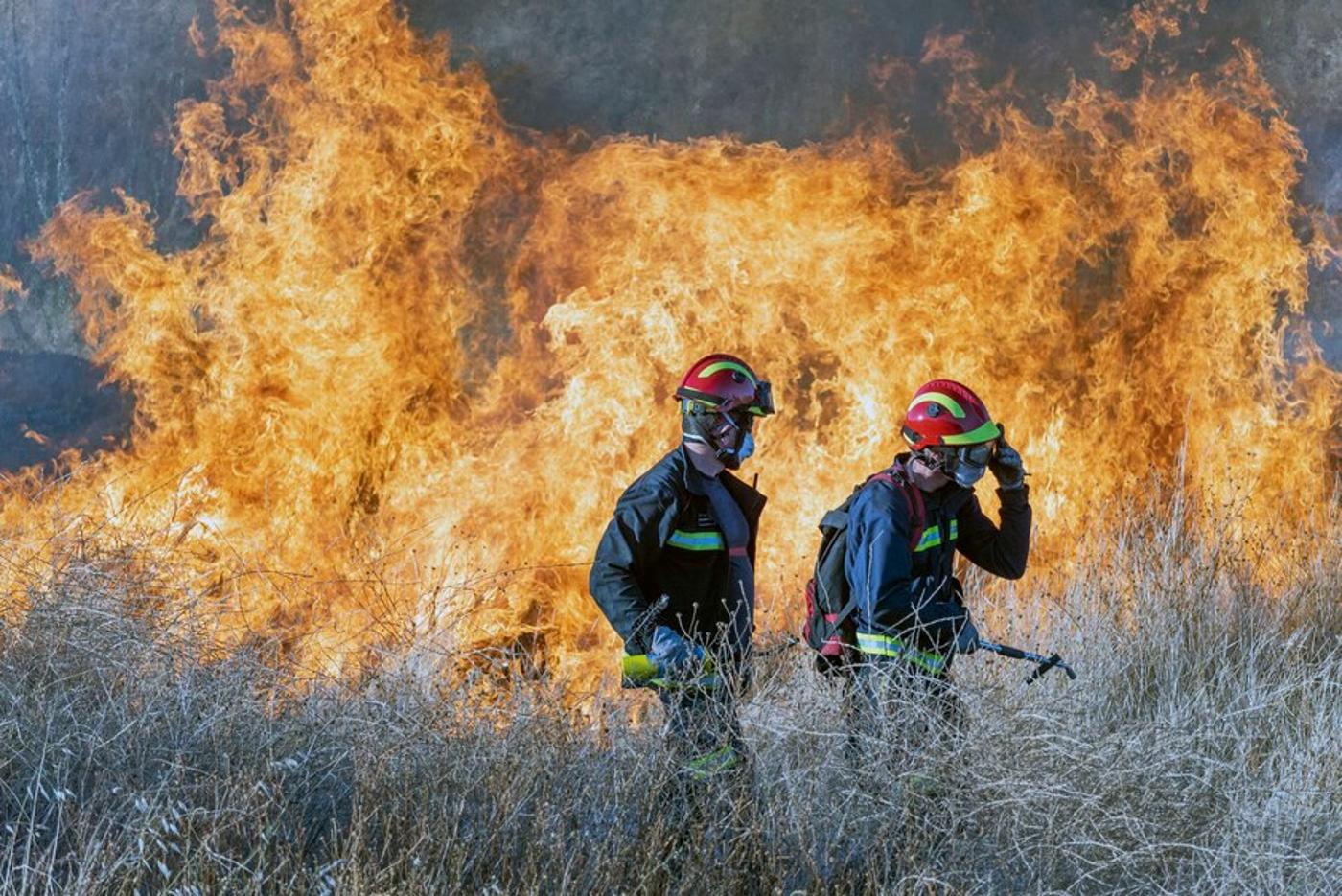
There are literally thousands of work programs for inmates in both private and public prisons all over the country. Some work in the prison, cooking, cleaning, landscaping, running the in-house laundry, or even doing clerical work.
However, others are outsourced to private companies to do field work on farms, operate heavy machinery, work in factories or processing plants, clean hazardous materials, fight wildfires, or make products such as clothing or furniture.
Prison Workers Are Hardly Ever Trained for the Job
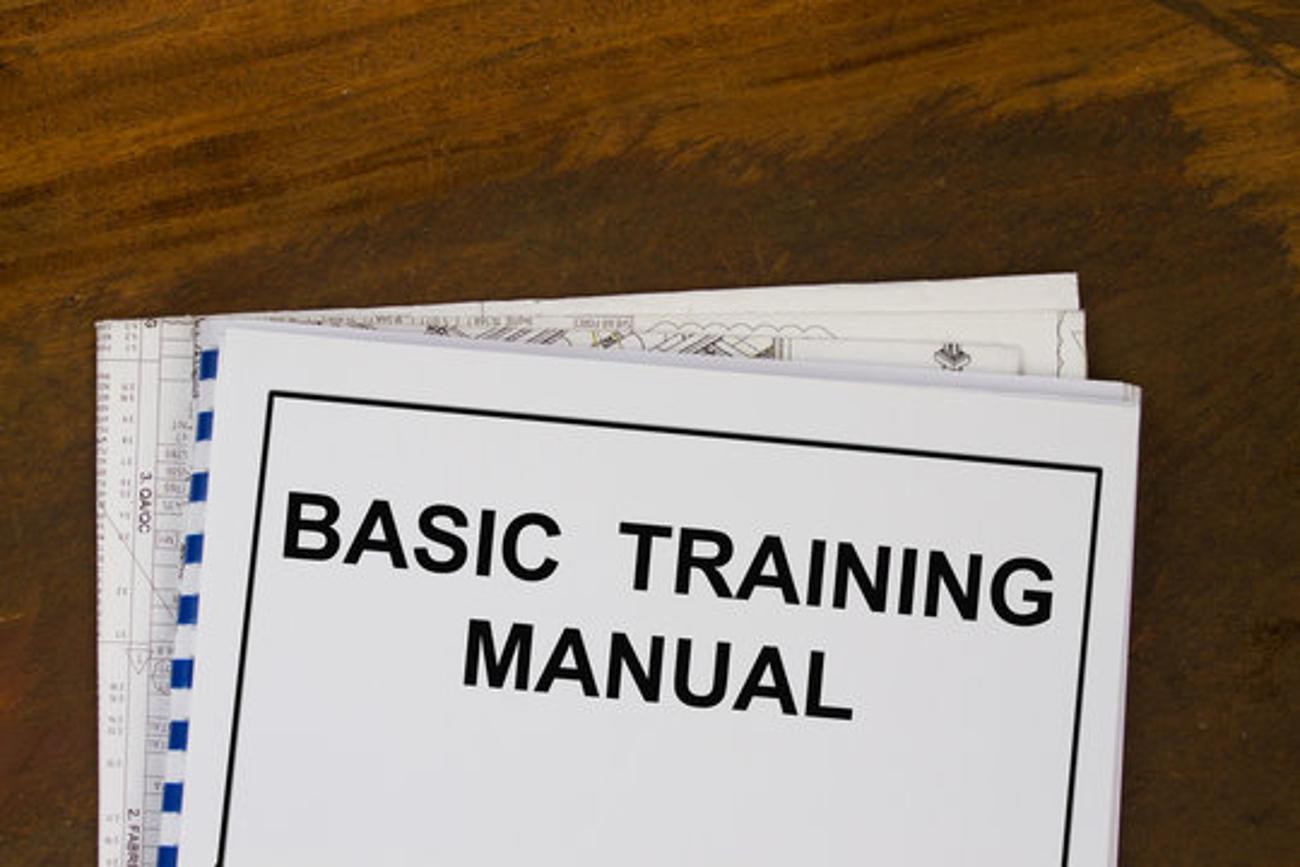
Very few of these jobs would be considered easy, yet the prisoners receive little to no training for the positions.
Therefore, in addition to the explicit dangers of fighting wildfires or working with industrial machinery, the inmates are at an even higher risk for injury as they were never taught how to safely perform the tasks they were assigned.
US Prisoners Are Paid Pennies to Work

It’s exceptionally disappointing to learn that these men and women who are working dangerous jobs with essentially no training are paid next to nothing for their efforts.
In most states, prisoners are not considered employees, and therefore, they are not allocated the minimum wage required for the general public. Typically, their hourly rate ranges from $0.14 to $2.00, though the national average of $0.63. In some locations, workers get nothing at all.
US Prisoners Who Refuse to Work Risky Jobs Could Be Punished
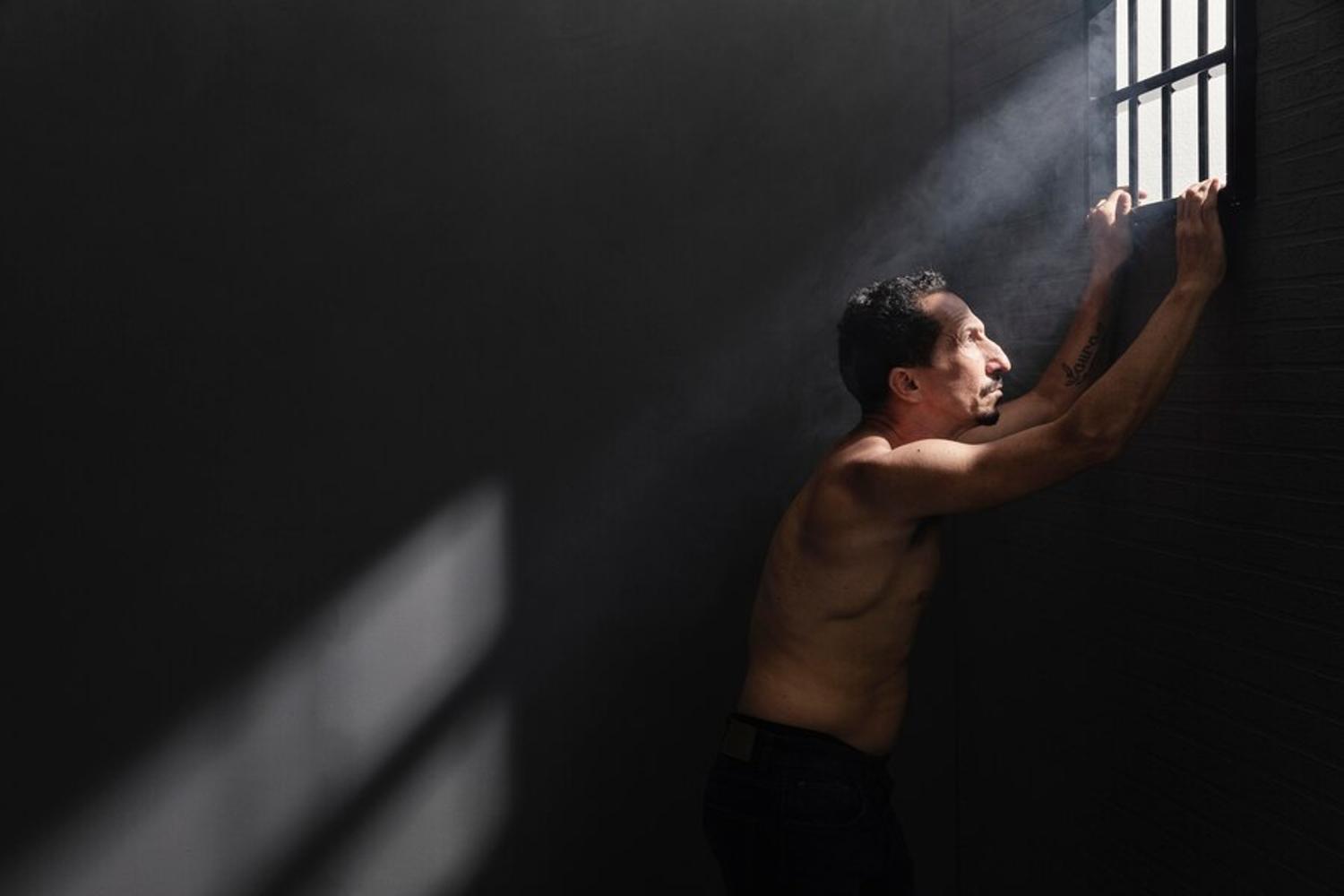
One might think that prisoners could simply refuse to work these hazardous jobs for little to no pay, but in many prisons, declining a work position isn’t an option.
The Associated Press, which conducted a two-year investigation into the US prison workforce, reported that inmates can be punished with solitary confinement if they refuse their work details.
US Corporations Take Advantage of the Prison Workforce
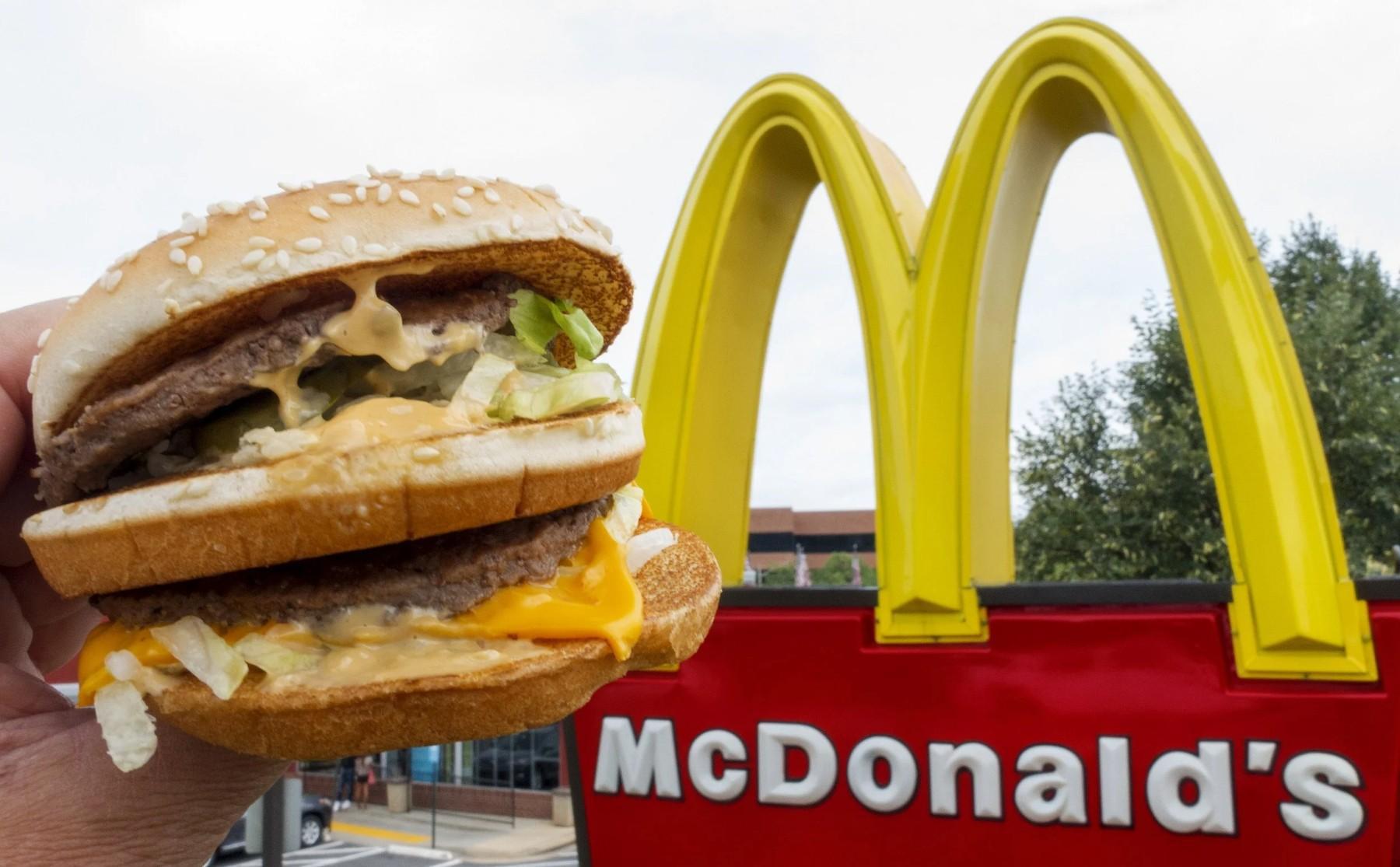
It’s important to understand that when inmates are either asked or forced to work outside the prison, they are most often working for private companies. Some of America’s largest corporations have taken advantage of these programs and use an almost entirely prison-provided workforce to save money.
Companies like Cargill, McDonald’s, Burger King, and many more use prisoners to farm their fields, care for their livestock, and work in their factories. They make billions in revenue every year, all while paying their staff pennies per hour.
The Associated Press Found Little Recorded Data on Prison Workers’ Injuries
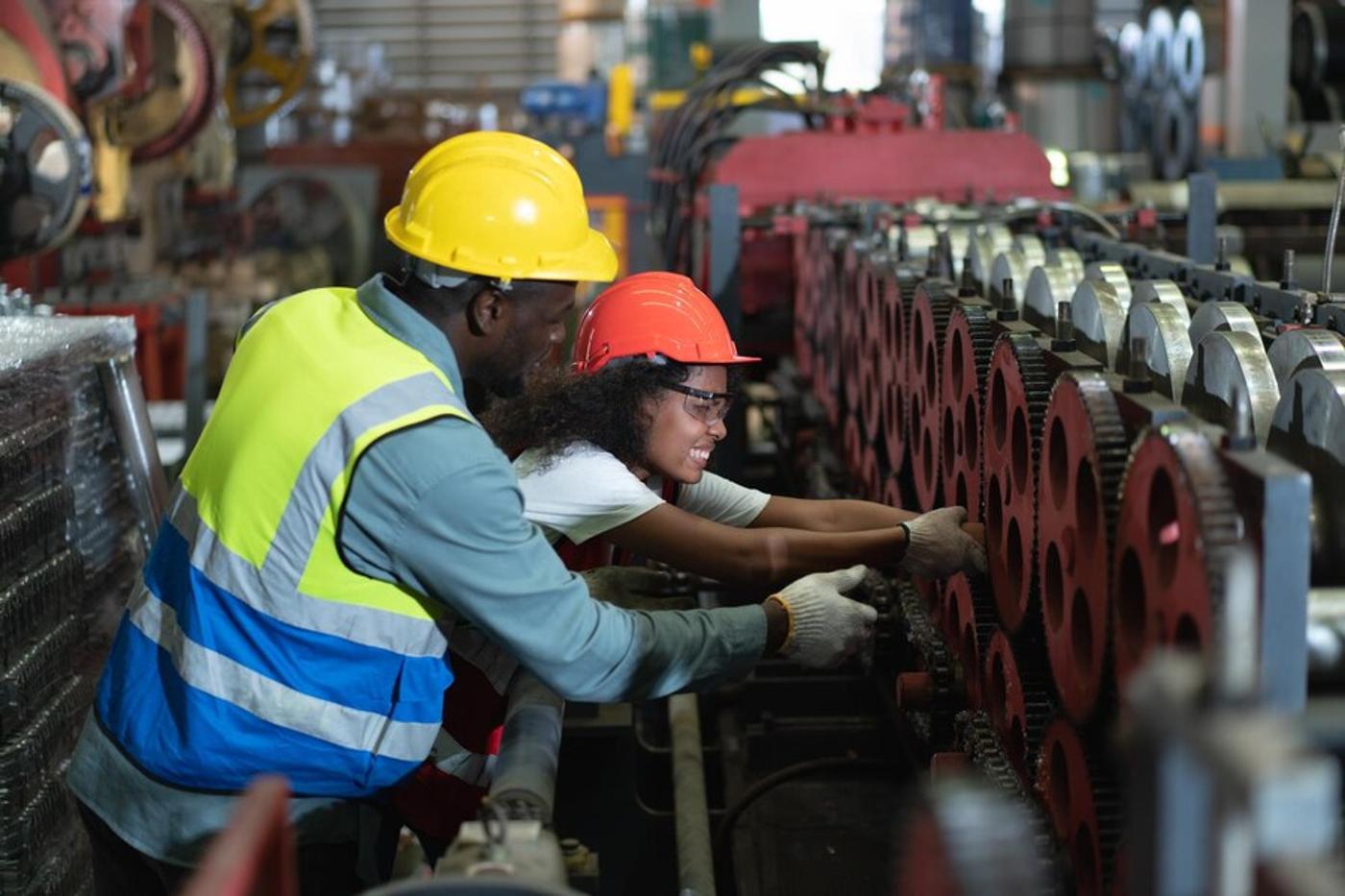
Because prisoners aren’t considered employees, corporations are not required to set the same safety standards as they would if they employed the general public. And if the inmates notice potentially dangerous practices, they have no legal recourse.
The flawed system, which doesn’t allow prisoners the same rights as the average American, means both the prisons and the corporations that employ the inmates are not required by law to release information regarding injuries or even deaths on the job.
One US Prisoner Lost His Leg at Hickman’s Family Farms
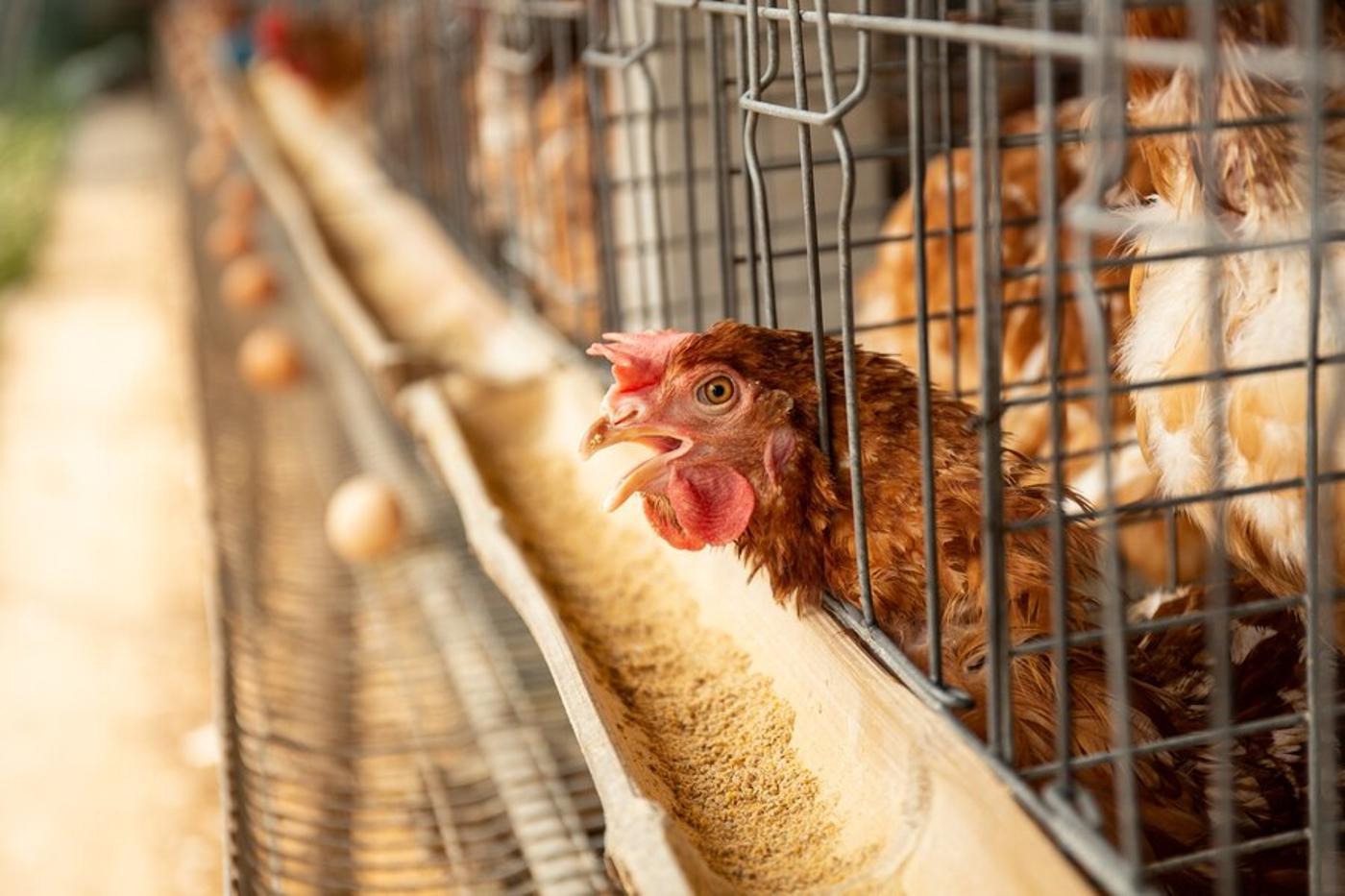
Throughout the investigation, the AP interviewed more than 100 current and former prisoners, as well as many family members of those who died working while in prison. One man they spoke with, Blas Sanchez, was working at Hickman’s Family Farms, which famously provides eggs to McDonald’s, when he lost his leg in a machinery accident.
Sadly, Sanchez’s accident wasn’t an isolated case. More than 250 prisoner workers were injured at Hickman’s Family Farms alone between 2018 and 2022. Some of the injuries were minor, but others, such as Sanchez’s, were much more severe.
US Companies Refuse to Comment on the Use of a Prison Workforce
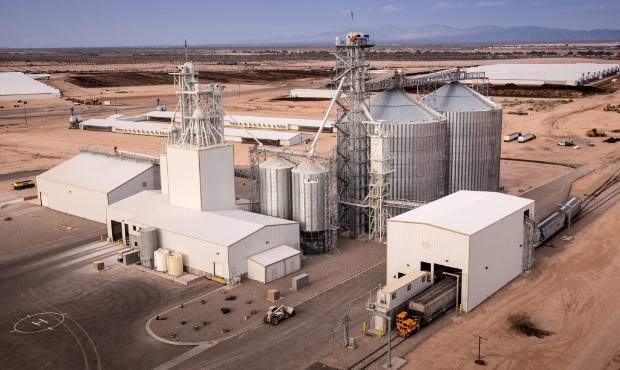
The vast majority of US companies that employ prisoners refused to comment when contacted by the Associated Press. Cargill, the largest private company in the United States, made a vague comment about “trying” to stop its suppliers from using prison workers, but no one else said anything.
It seems as though these corporations are all hoping that if they don’t openly admit to employing and endangering the lives of incarcerated Americans, the nation will simply forget and move on to another humanitarian crisis.
Former Prison Worker Says She Was Treated Like an “Animal”
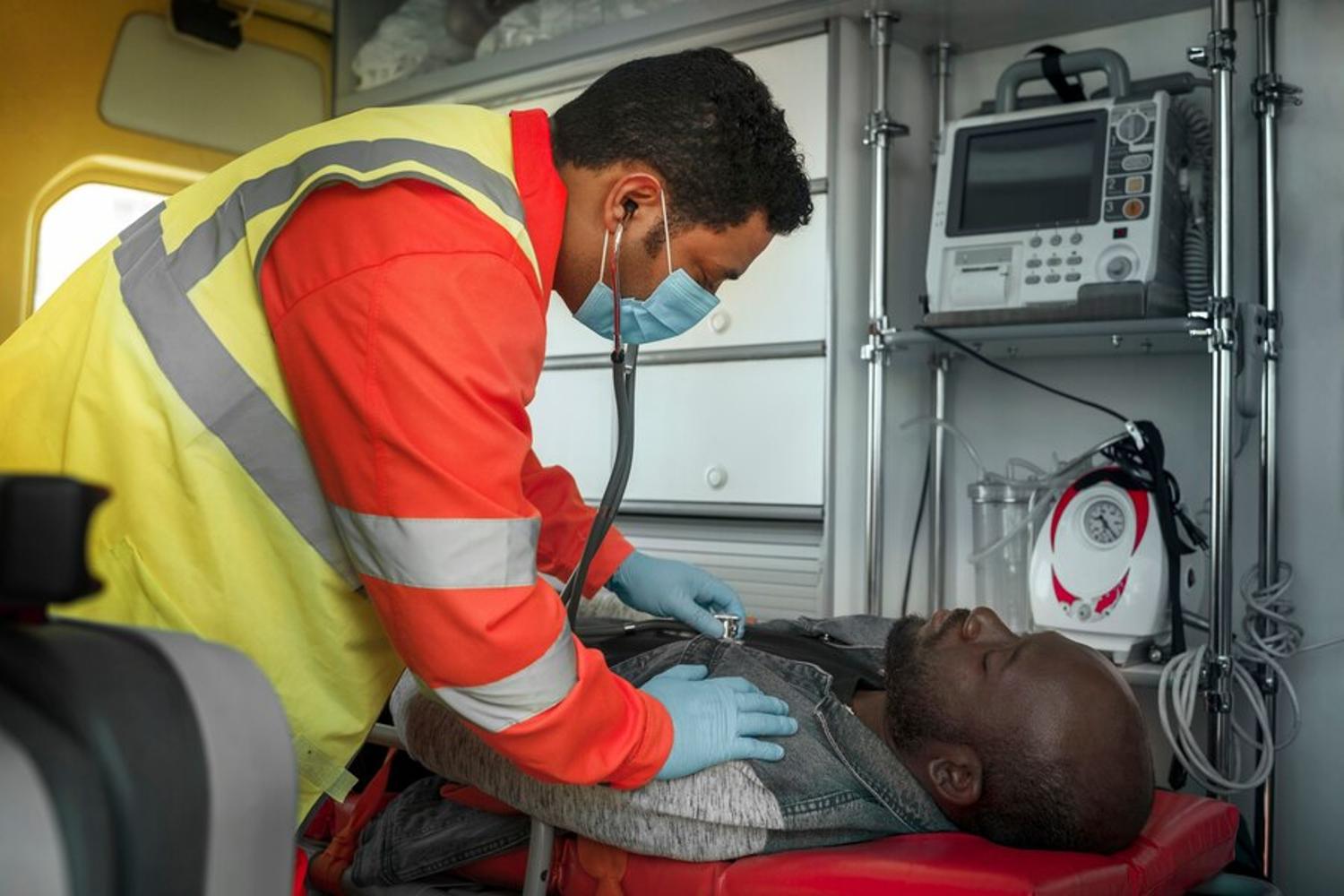
But the Associated Press, as well as the thousands of injured inmates and their family members, want to make sure that doesn’t happen. One former prisoner, Rebecca Leavitt, hopes that everyone will hear and remember her story.
She explained that while in prison, she was sent to clean up after a wildfire. When she and her team arrived, they realized that the embers under their feet were still burning hot. When they tried to leave the area, the boss told them to “Get back in there!” They cried out in pain while getting paid $1 an hour for nine hours straight. Leavitt said, “They treated us like we were animals or something.”
The Families of Those Who Die Working in Prison Are Rarely Compensated

The AP’s research found that the almost 100,000 prisoner workers who are employed by private companies are certainly treated poorly while on the job and essentially ignored if they are injured.
And if the absolute worst occurs and a prisoner dies on the job, because the prisoner is not an “employee,” companies are not liable to pay their families compensation. Although some states have changed this regulation, it is still common practice throughout the country.
Why Is Forced Prison Labor Legal?
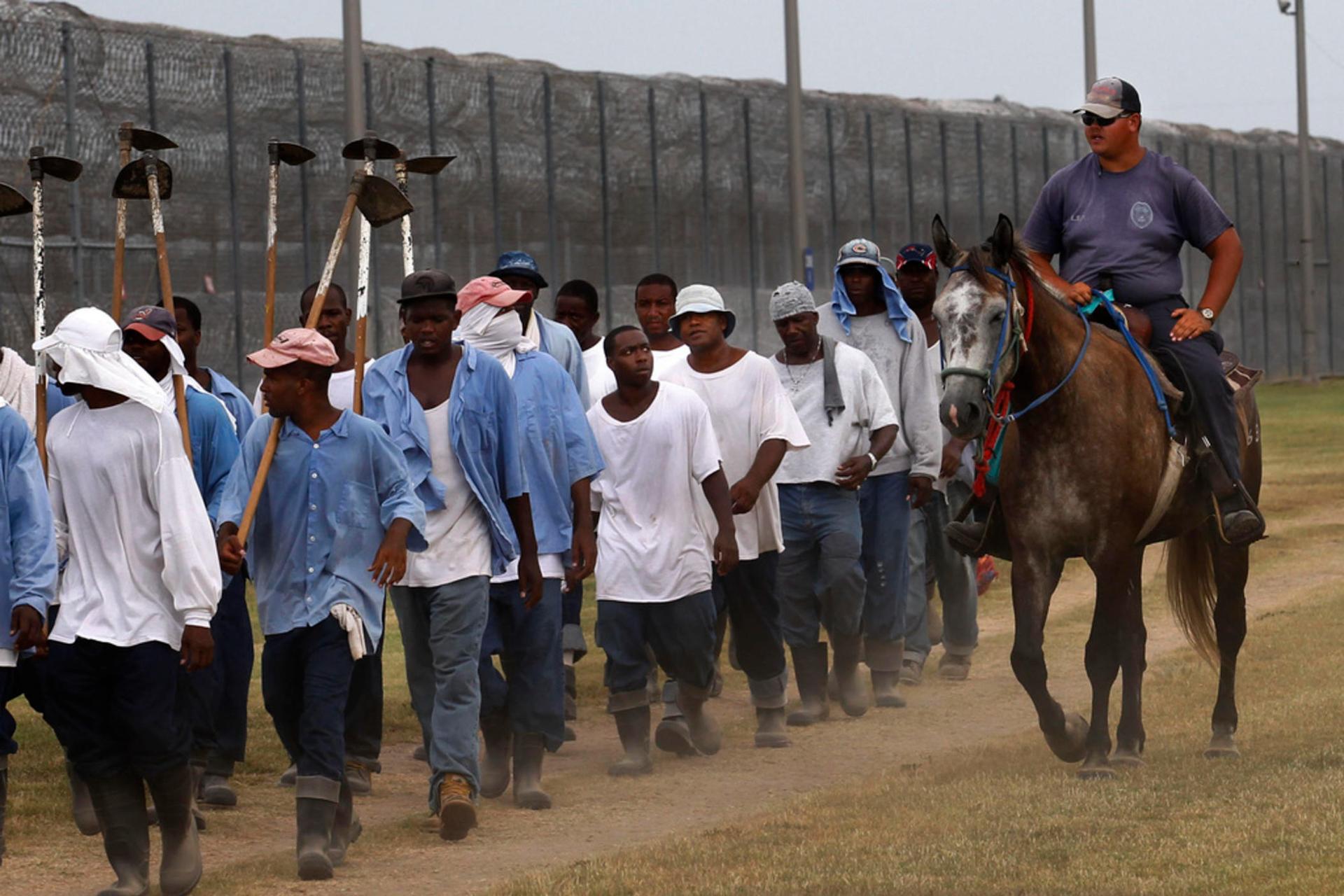
After reading about the immense injustices for Americans’ incarcerated workforce, one can’t help but wonder: Why is forced labor still legal in the United States? Unfortunately, because the US Constitution allows it.
The 13 Amendment technically abolished slavery and forced labor except “as punishment for a crime.” Now, organizations around the country are fighting to have the language adjusted and save hundreds of thousands of prisoners from injury or even death through forced labor, but no federal legislation has been passed as of May 2024. For now, this sad reality will continue throughout a supposedly free America.








































